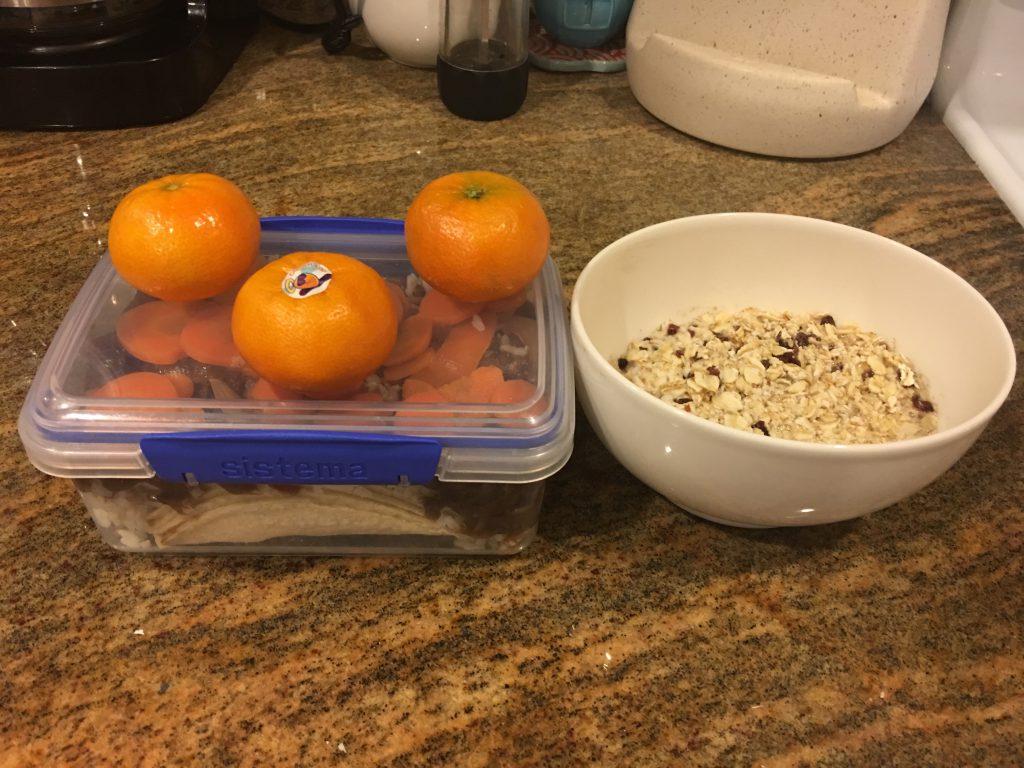Day 3 of the SNAP Challenge: Not Enough Food, Not Enough Energy
May 11, 2017
Our Food Bank Network is Here to Help — Find Food and Resources

My children, bless them, have made food a constant reminder this week. They are 1 and 4 so obviously I don’t expect them to understand too much about this SNAP Challenge experience. Nor can they check their own ravenous desire for food. First thing in the morning (banana!) and right after school (cheesy snack!), it’s all about their need to eat.
While I’m happier than ever to be able to provide for them, purchasing, cooking and cleaning up after their meals is an up-close way in which the challenge makes its presence felt. It’s a visceral reminder of the coping strategies used by parents and even older siblings –forgoing meals, watering down food or other heart-breaking acts –to ensure that children have enough to eat.
The four-year-old, however, has definitely noticed that I am consuming the same thing every day. Remarkably, when I told him I’m only eating what you could buy when you need help, he said “that’s not much.” Sounds like an expert in CalFresh benefit adequacy to me.
Not only are CalFresh benefits too low as a matter of principle – if nothing else I hope readers are sensing how hard it is to eat on less than $5 a day – but raising benefits just $30 a month is enough to make a meaningful improvement in the fresh produce households can buy. That, and innovative incentives like doubling dollars for produce at farmer’s markets, are our best choices to improve hunger and health.
In addition to thinking about food, I’ve also found myself monitoring my energy output. Normally I would go for a run- a normally simple pleasure that quickly became unrealistic given how tired and lethargic I’ve been by the end of the day. To be honest, I’ve fallen asleep right after putting my kids to bed the past couple of nights. That’s a luxury I would not have if I had to go to a second job, take evening classes or care for a parent. Yet those are the just the type of extraordinary and unrealistic actions we expect adults to make in the name of ‘personal responsibility’ just to maintain access to this minimum food benefit.
Written by Andrew Cheyne, Director of Government Affairs